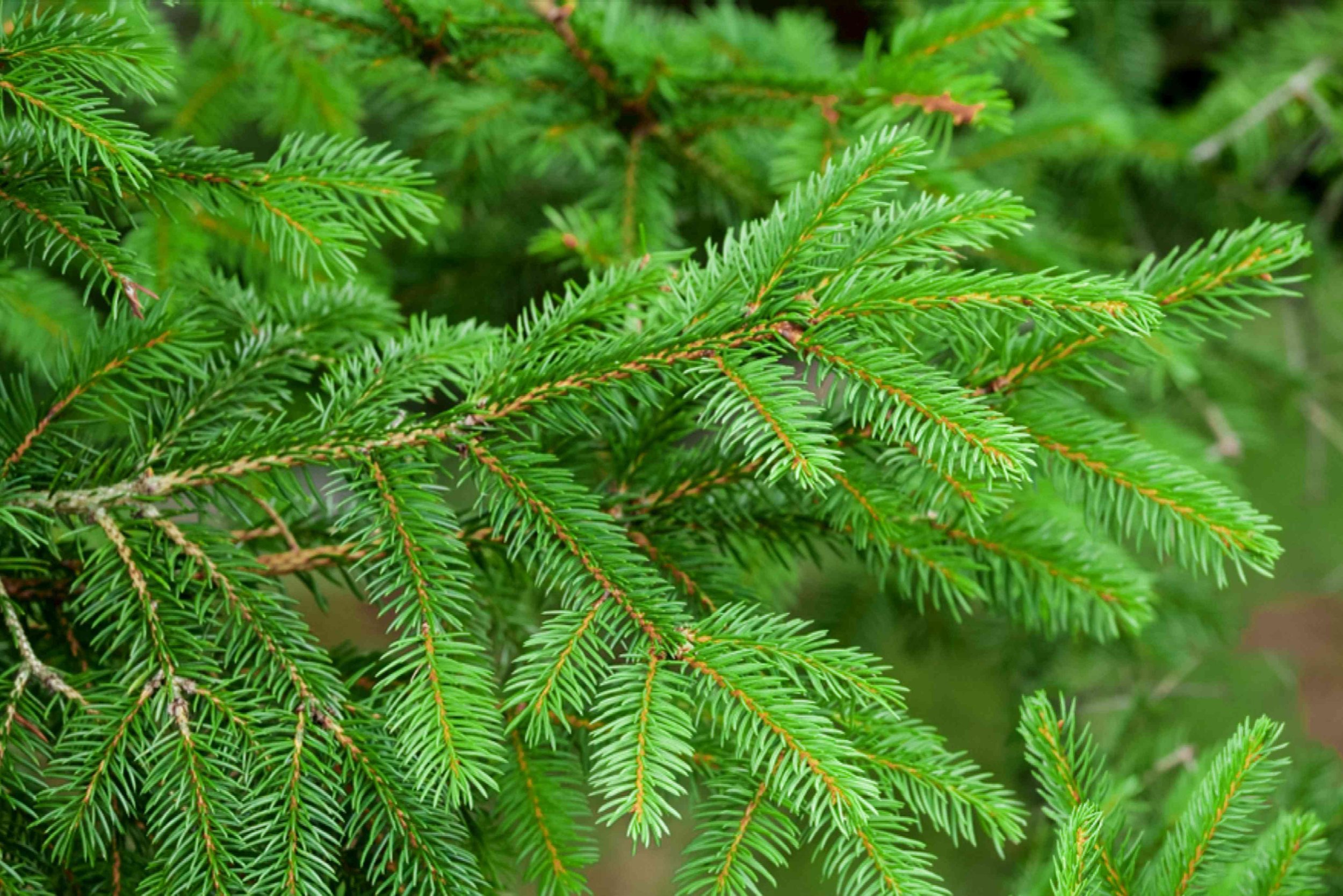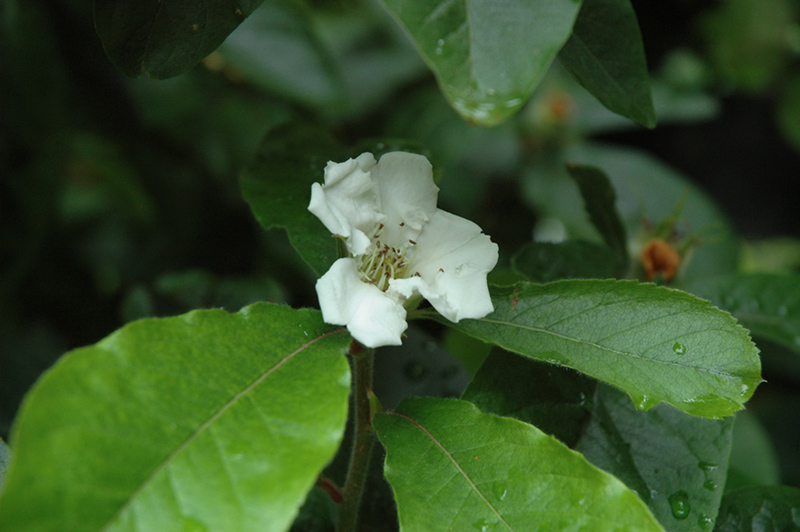
Height: 25 feet
Spread: 25 feet
Sunlight:
![]()
![]()
Hardiness Zone: 4b
Other Names: Common Medlar
Description:
This ornamental flowering small tree or large shrub produces lovely white flowers, and good autumn color; the fruits are edible, and primarily used to make preserves; stake to develop a strong straight trunk to support a spreading crown
Ornamental Features
Medlar is clothed in stunning white cup-shaped flowers at the ends of the branches from late spring to early summer. It has green deciduous foliage. The fuzzy oval leaves turn red in fall. The furrowed brown bark adds an interesting dimension to the landscape.
This plant is primarily grown as an ornamental, but it's also valued for its edible qualities. The oblong tart fruit is most often used in the following ways:
- Fresh Eating
- Preserves
- Wine-Making
Landscape Attributes
Medlar is a deciduous tree with an upright spreading habit of growth. Its average texture blends into the landscape, but can be balanced by one or two finer or coarser trees or shrubs for an effective composition.
This tree will require occasional maintenance and upkeep, and usually looks its best without pruning, although it will tolerate pruning. It is a good choice for attracting birds, bees and butterflies to your yard. It has no significant negative characteristics.
Medlar is recommended for the following landscape applications;
- Accent
Planting & Growing
Medlar will grow to be about 25 feet tall at maturity, with a spread of 25 feet. It has a low canopy with a typical clearance of 1 foot from the ground, and is suitable for planting under power lines. It grows at a medium rate, and under ideal conditions can be expected to live for 40 years or more.
This tree does best in full sun to partial shade. It is very adaptable to both dry and moist locations, and should do just fine under average home landscape conditions. It is not particular as to soil type, but has a definite preference for acidic soils. It is somewhat tolerant of urban pollution. This species is not originally from North America.

